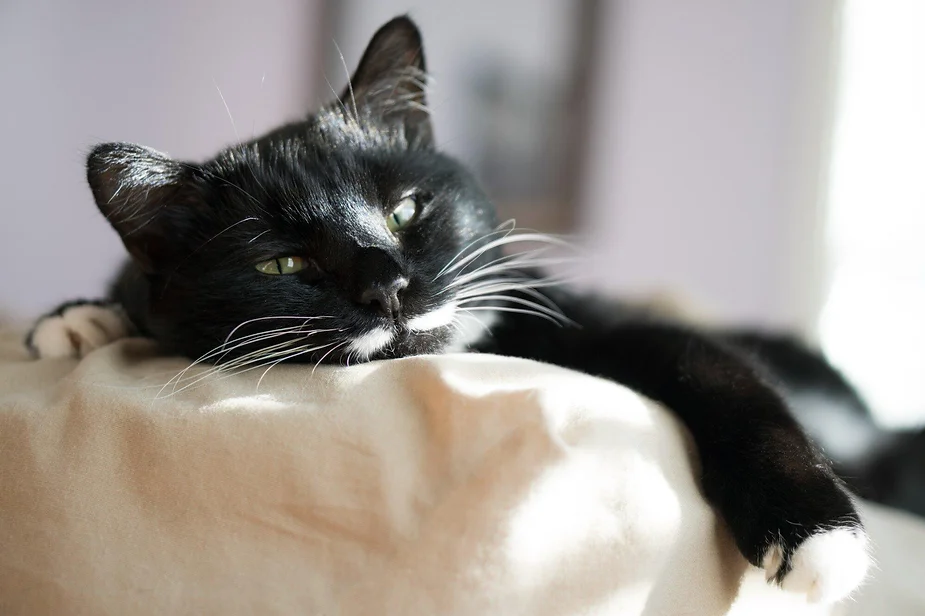As a responsible cat lover, keeping your feline friend healthy and purrfectly is a top priority. However, our furry companions can’t verbally communicate when they’re feeling unwell or in pain.
This is why it’s crucial to be vigilant and be able to catch the signs that may indicate your cat needs a veterinary appointment.
But don’t worry – we’re here to help you support your furry friend.
Read on to find out the top signs you need to schedule a cat appointment.
Eating and Drinking Changes
If your cat friend suddenly loses interest in food and consistently refuses meals, it could signal various health issues such as dental problems, gastrointestinal issues, infections, or even systemic illnesses.
Significant weight loss or gain without changes in diet or activity levels should be investigated by a vet. It can be a symptom of various medical issues, including metabolic disorders, organ dysfunction, or nutritional deficiencies.
Vomiting or Diarrhea
Cats can vomit or have bowel issues, and it’s not always a major problem. However, if the vomiting or diarrhea is frequent, persistent, or lasts for more than a day or two, it’s important to seek veterinary care.
Signs of blood in your cat’s vomit or stool is a significant red flag that requires immediate attention. It can indicate various serious conditions such as gastrointestinal ulcers, infections, parasites, or inflammatory bowel disease.
Energy Changes
If your cat is unusually lethargic and lacks interest in activities they usually enjoy, it could indicate an underlying health issue. Lethargy can be a symptom of different feline conditions, including infections, pain, organ dysfunction, or metabolic disorders.
Noticeable decreases in your cat’s activity levels, such as reduced playfulness, reluctance to move or jump, or spending more time sleeping than usual, may indicate pain, arthritis, or systemic illness.
Breathing Issues
Breathing issues are another major concern to watch out for.
If your cat is breathing heavily, with noticeable effort or laboured breaths, it could be a sign of respiratory distress. Laboured breathing may be accompanied by flared nostrils, open-mouth breathing, or visible chest movements with each breath.
If you think there’s an urgent issue, head to a top-quality animal hospital in your area.
While cats may pant briefly after vigorous activity or in hot environments, excessive panting in cats can be abnormal and may indicate heatstroke, stress, or underlying medical conditions affecting breathing.
Discharge
Irregular tearing or watery discharge from your cat’s eyes, especially if accompanied by redness or squinting, can indicate conjunctivitis, corneal ulcers, infections, or underlying eye conditions.
Clear or slightly cloudy nasal discharge may be normal in small amounts, but if the discharge becomes thick, yellow, green, or bloody, it could indicate upper respiratory infections, sinus problems, or nasal tumours.
Brown, black, or yellow discharge from the ears can indicate ear infections, ear mites, or other ear-related issues. Foul odor accompanying the discharge may indicate an infection requiring treatment.
Schedule a Cat Appointment Today
If you see any of these signs you need to schedule a cat appointment, it’s time to bring your furry friend in as a cat parent.
Are you looking for a vet in St. Catharines? Check out Glenridge Animal Hospital. Our experts have decades of experience keeping pets like yours healthy.
Contact us today.



